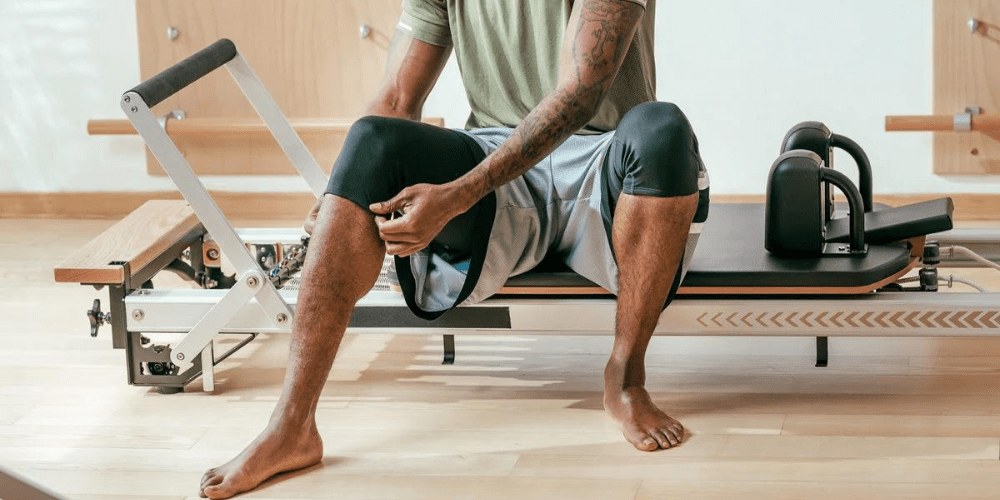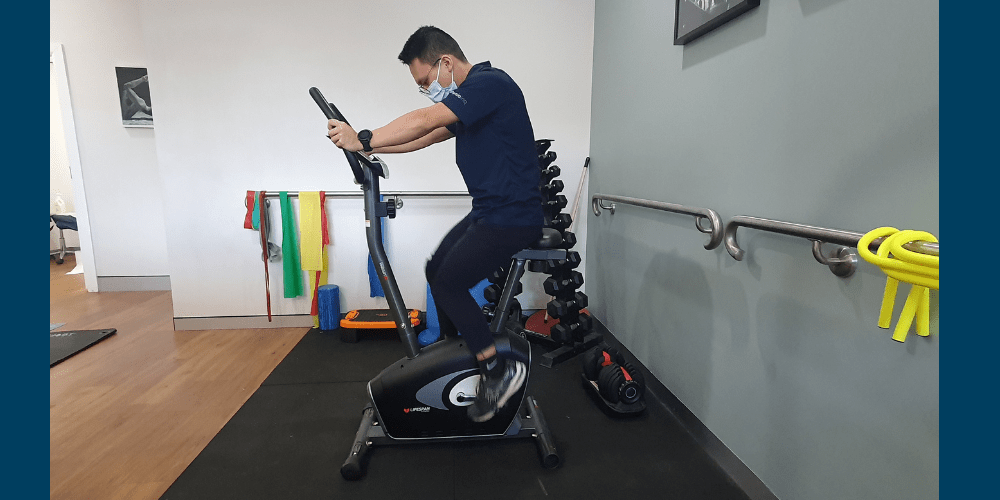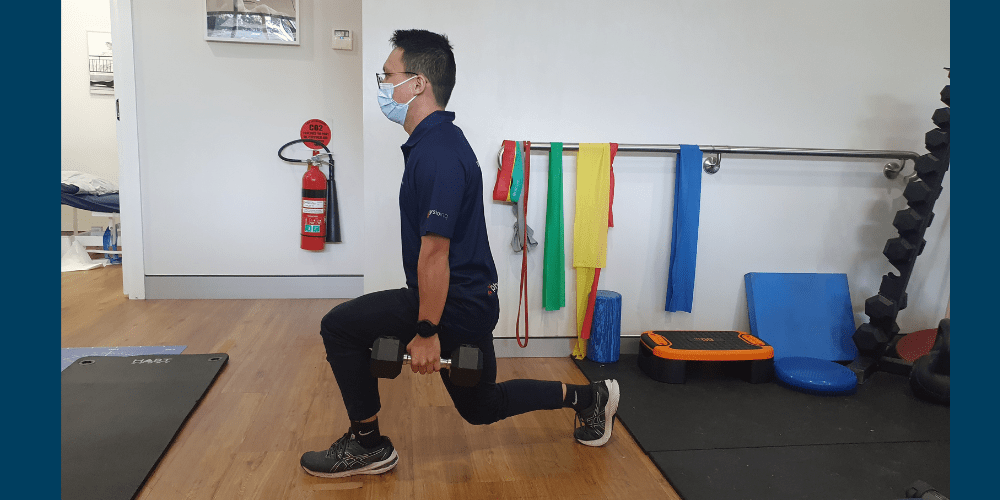What is pre-operative physiotherapy and do I need it?
Wednesday, May 31, 2023
We’ve all heard stories of successful surgeries and rehab following an injury and/or illness. Surgery can be a daunting aspect regardless of what procedure is performed, and much is known about the rehab involved after surgery. However, little is known about the ins and outs of physiotherapy prior to operation day. Depending on what surgery is at hand, your surgeon has probably referred you for some pre-operative physiotherapy.
Pre-operative physiotherapy, also known as prehab, plays a crucial role in optimising your post-operative outcomes. It involves exercise-based interventions prescribed by a physiotherapist before your surgery. While the focus is often on the rehabilitation process after surgery, the significance of pre-operative physiotherapy is often overlooked. By addressing certain key areas, prehab can significantly improve your recovery and overall surgical experience.
What is pre-operative physiotherapy (prehab)?
Pre-operative physiotherapy is an exercise-based intervention prescribed to you prior to surgery. The goal is to ensure you are as well-conditioned as possible prior to your procedure to optimise your post-operative outcomes. Prehab has a positive impact on pain and function, helping you recover quickly – often used in orthopaedic procedures such as shoulder, hip and knee replacements, ACL and meniscus repairs, and/or rotator cuff repairs. To understand the benefits of pre-operative physiotherapy and its impact on pain management and functional recovery, you can refer to the information provided by Healthdirect Australia or reach out to Physio Inq Harrington Park, where our therapists will be able to walk you through the stages of pre-operative physiotherapy and answer any and all questions.

Outcomes assessed before surgery:
Muscle and/or joint strength
One of the key outcomes assessed before surgery is muscle and joint strength. Research has shown that the stronger you are before surgery, the better your chances of a successful recovery. Surgery often leads to muscle wasting, as the operated joint or body part is immobilised to allow for healing. By engaging in pre-operative physiotherapy, you can build up your muscle strength, which can help minimise the level of post-operative muscle loss. Strong muscles also provide better support to the surgical area, enhancing stability and facilitating a smoother recovery process. To learn more about exercises for muscle strength before surgery, you can refer to the Better Health Channel's article on pre-operative physiotherapy.
Independence around the home and in day-to-day life:
Maintaining independence in your day-to-day life is another crucial aspect evaluated before surgery. Whether you live alone or with a family member, being able to perform activities of daily living is essential for your overall well-being. Prehab allows your physiotherapist to assess your functional abilities and identify any limitations or areas that may require assistance during your recovery period. By addressing these issues beforehand, you can work together with your physiotherapist to find alternative strategies or
devices that will enable you to maintain independence and carry out daily tasks with ease.

Mobility Patterns:
Mobility patterns are also assessed during pre-operative physiotherapy. The goal is to help you regain or improve your mobility levels, whether you're an athlete aiming to return to your pre-injury performance or someone who needs assistance with walking. Your physiotherapist will evaluate your walking or movement patterns and provide guidance on proper techniques and any necessary aids or supports. By ensuring safe and effective use of mobility aids, such as crutches, walkers, or canes, you can navigate your recovery period with confidence and reduce the risk of further injury.
It's important to note that the journey after surgery will be different for each individual. However, certain aspects of rehabilitation are universally applicable. Pre-operative physiotherapy sets a solid foundation for your post-operative recovery, helping to ease the rehabilitation process in various ways. By addressing muscle strength, independence, and mobility patterns before your surgery, you can enhance your overall physical condition and increase your chances of a successful recovery.

Prehab not only contributes to better surgical outcomes but also has a positive impact on pain management and functional recovery. Engaging in pre-operative physiotherapy can alleviate pain, improve your range of motion, and enhance your overall physical fitness. This preparation enables your body to better cope with the stress of surgery and facilitates a smoother transition into post-operative rehabilitation.
You can visit the Australian Physiotherapy Association's website for more information on pre-operative physiotherapy.
In conclusion, pre-operative physiotherapy, or prehab, is an important component of the surgical journey that should not be overlooked. By focusing on areas such as muscle and joint strength, independence, and mobility patterns, prehab sets the stage for a successful recovery. Working closely with your physiotherapist before your surgery can help optimise your post-operative outcomes, minimise complications, and enhance your overall well-being. Embrace the opportunity for prehab and embark on your surgical journey with confidence, knowing that you have taken important steps to support your recovery.

